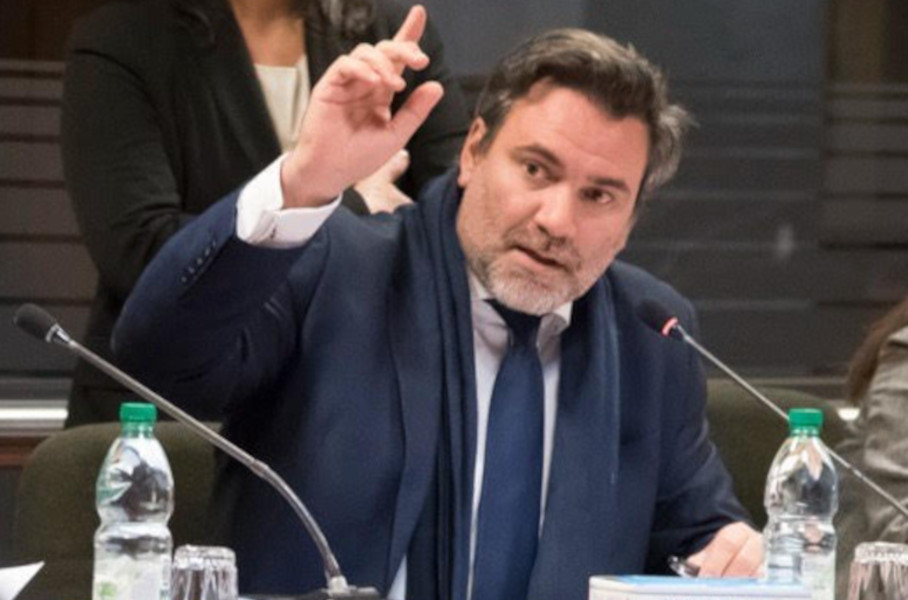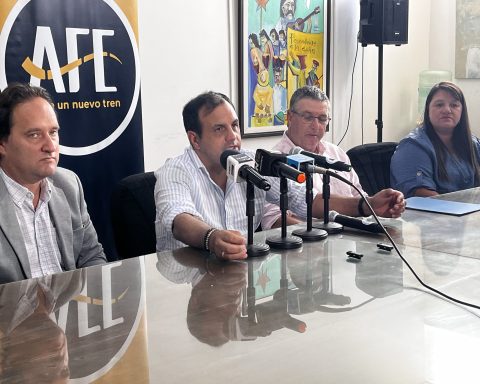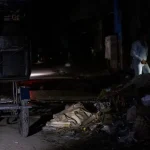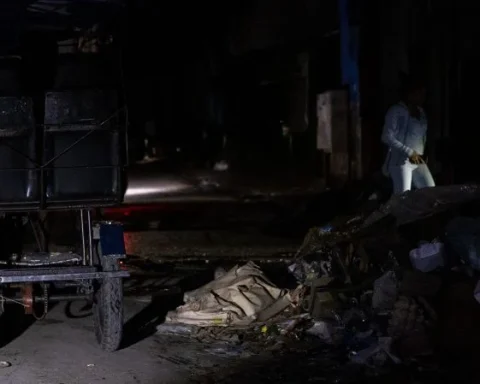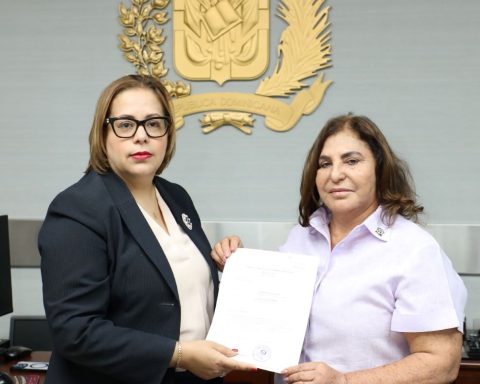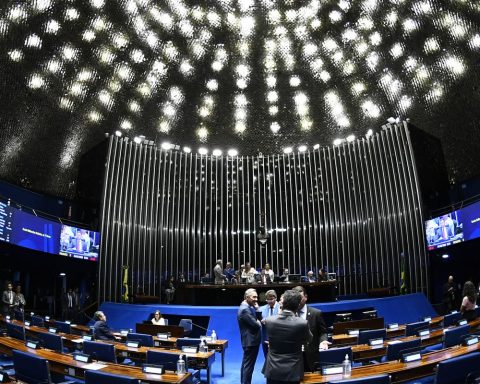By Colonian deputy Mario Colman (PN). On the bench of the Chamber of Deputies of the National Party, we received the Under-Secretary, Ignacio Buffa, and General Director, Fernanda Maldonado, of the Ministry of Livestock, Agriculture and Fisheries, Under-Secretary of the Ministry of the Environment, Gerardo Amarilla, and the Vice President from Banco República, Alejandro Lafluf, who reported the measures that the national government has taken to support producers in the face of the agricultural emergency caused by this drought, which is in the top 7 of the worst in the history of Uruguay and makes 46 years that there has not been a water deficit event with these characteristics.
It should be noted that these measures are not static, they will be monitored and other needs and meetings with producers in the country will be taken.
On the one hand, the Ministry of Livestock, Agriculture and Fisheries has resolved:
-Enable grazing on routes, with permission issued by MGAP zones
-FAE Loans, Microfinance Republic Credits with subsidized rates and extended terms.
-Allocate funds to the Municipalities for a total of 1.29 million dollars, to develop specific actions that add to the measures already adopted by the Municipalities
-Users of the Rural Microcredit Program, through FUNDASOL, may request the implementation of refinancing or postpone the payment of amortizations
-From February 13, micro, small and medium-sized enterprises (Mipymes) in the agricultural sector will be able to access guarantees from the National Guarantee System by paying a single discounted commission of 0.6% per year for working capital loans of up to 36 months. .
-The vaccination period against foot-and-mouth disease was extended. As of March 15 and throughout the month of April, doses can be withdrawn to vaccinate all categories.
-Cattle holders without land will receive assistance for up to 100 livestock units
-Operation to support micro-producers through the purchase of rations with a 75% subsidy and it is estimated that there will be about 10,000 tons for the entire national territory
-The purchase of bales is made with a subsidy of 20 dollars each unit
– The MGAP also receives through the Departmental Agricultural Councils (CAD) and the Rural Development roundtables the proposals and needs of the sector in order to provide local, regional and departmental responses.
– On the other hand, it integrates and articulates the Departmental Emergency Coordination Centers (CECOED) throughout the national territory and, finally, the MGAP actively participates in the National Emergency System (SINAE)
Concrete measures adopted by other State agencies in order to support and accompany rural producers to get through the crisis:
BPS
-Regarding the BPS, it was established, by decree of the Executive Branch, that rural taxpayers may pay, in May 2023, the obligations for the four-month period September – December 2022 without fines or surcharges.
– In addition, Parliament approved the bill sent by the Executive Branch that extends the due date of the special social security contributions of rural taxpayers in 3 installments to be paid together with the due dates of the first, second and third quarter of 2023.
-For its part, the INIA (National Institute of Colonization) will not increase rent in 2023.
-Those who have paid on date last year will have a 10% bonus.
-In addition, lines of credit are available for settler producers
joint venture
-The UTE reduced the cost of electricity to those who irrigate by 15% and it was approved to lower the cost of energy from the peak to the plain.
-In addition, the costs of electricity for January, February and March can be paid in 6 installments from July to December
BROU
-The BROU, for its part, has implemented specific lines of credit such as the “Water for your plot” line, which aims to finance investments in water resources such as cutwaters, wells, drinking fountains, pumping equipment, etc. .
-Another line of credit is aimed at feeding cattle and its objective is to finance the purchase of fodder and food supplements from livestock and dairy producers affected by the water deficit in areas “identified as an emergency by competent bodies or technical services of the Bank. ”.
-And finally, deferral of collection for 180 days to the productive sectors identified in the MGAP Agricultural Emergency Resolution: livestock, dairy, horticulture, fruit growing, agriculture, poultry farming and forestry, with credits valid as of 12/31/2022
-The BROU will also be granting micro, small and medium-sized companies with a full financial year, a freely available and fast concretion loan.
INTENDENCIES
-Most of the Municipalities are postponing the contribution payment to March or April.
-They are also implementing other measures such as exemption from some taxes as well as aid for drilling that allows new access to water sources.
SBI
-It is bringing drinking water for human consumption to rural areas that do not have service.
-Will exempt those affected by the situation from paying the cost of the assistance service.
ANEP
-Authorized small producers to graze their animals on rural school grounds.
-There are approximately 10,000 properties of this nature in Uruguay.
MINISTRY OF DEFENCE
-Coordinated activity with the MGAP for cleaning cutwaters and waterholes with its own machinery and perforations to obtain water for irrigation or human consumption throughout the national territory
BCU
-Authorizes Banks, financial intermediation cooperatives and credit management companies to extend the maturities of fixed-term credits or amortizable loans for companies included in the agricultural emergency for up to 180 days without the need to recategorize debt
ANCAP
-Provides 10,000 liters of gas oil for the cleaning tasks of waterholes and cutwaters carried out by the Ministry of Defense together with the National Army
ALUR
-It will provide 300 tons of DDGS with high protein content for animal nutrition
BSE
-Resolved that the companies that have not been able to make the payment of the ADTRUR (Rural Work Accidents) insurance invoice corresponding to the four-month period of September – December 2022 before March 6, 2023 will maintain coverage, exceptionally until 15 June 2023.
-The insurance amount corresponding to said four-month period will be billed in 3 installments without fines or surcharges.
-The expiration of these installments will be June/23, October/23 and February/24.
This is a brief and summarized review of the measures adopted, without prejudice to the fact that other measures that have been proposed and requested by affected sectors of activity are under study. Therefore, it is very possible that other tools will be added to the measures already implemented to facilitate the transit of this climate crisis that our country is facing.
